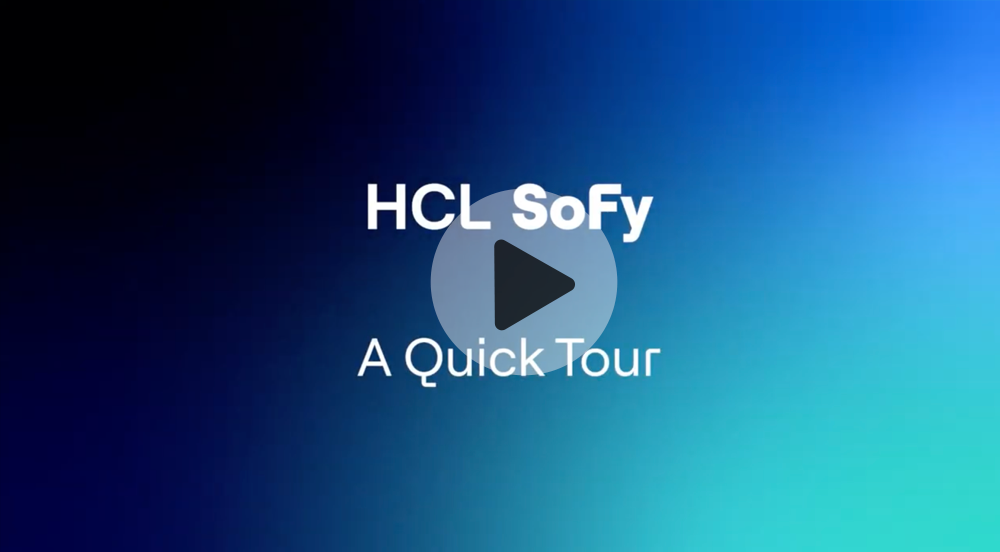Re-Platform to a Future-Ready E-Commerce Solution
Streamline your journey from evaluation to implementation and ensure your business selects a platform built for the future.
Why Modernize Your E-Commerce Platform?
HCL Commerce Cloud understands enterprise business. Our solution caters to the complex needs of large-scale businesses by offering comprehensive enterprise e-commerce capabilities. With advanced features and system functionalities, we drive conversion, revenue and customer loyalty by being the market’s best B2B and B2C e-commerce solution at a lower Total Cost of Ownership.
As the digital commerce landscape evolves, businesses need scalable, flexible, and high-performance solutions. A modern headless, cloud-agnostic platform can:
- Improve Performance: Faster load times and better scalability.
- Enhance Flexibility: Tailor front-end experiences independently of the backend.
- Future-Proof Your Investment: Seamless upgrades without vendor lock-in.
HCL Commerce Cloud provides a full suite of Packaged Business Capabilities (PBCs) that encompass Catalog, Inventory, Pricing, Promotions, Search, Marketing, Merchandising, Location Services, AI/ML, Approvals, Subscriptions, Cart and Checkout, and much more. Designed to handle the complexities of your business, our Packaged Business Capabilities are self-contained, pre-built and reusable units of capabilities that are designed to work together as part of a fully integrated solution.
Explore How Customers are Succeeding
Boosting digital sales through seamless customer journeys with HCL Commerce Cloud. Read some Case Studies and find out how our customers offers a seamless, consistent experience for customer with HCL Commerce Cloud.


